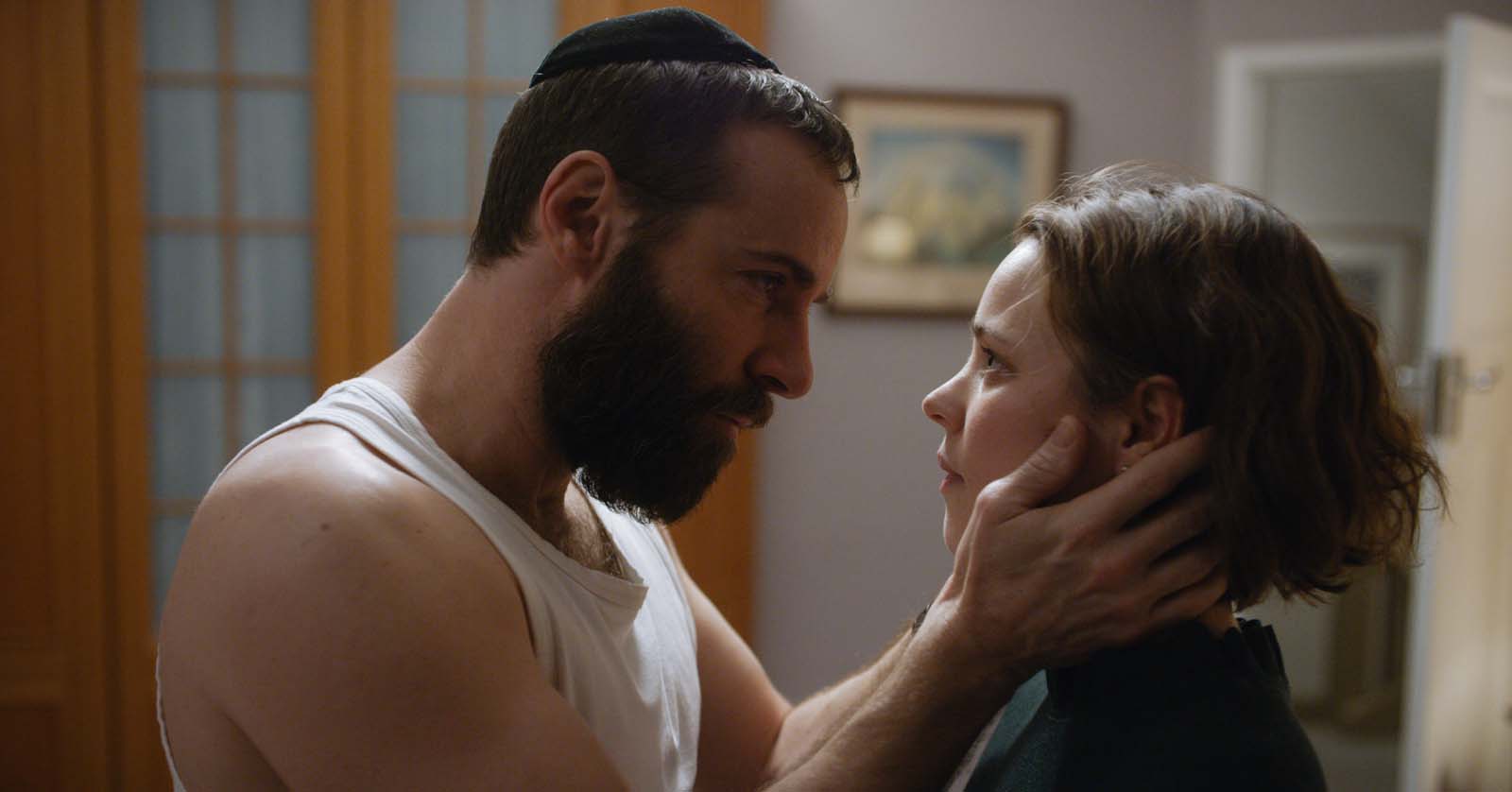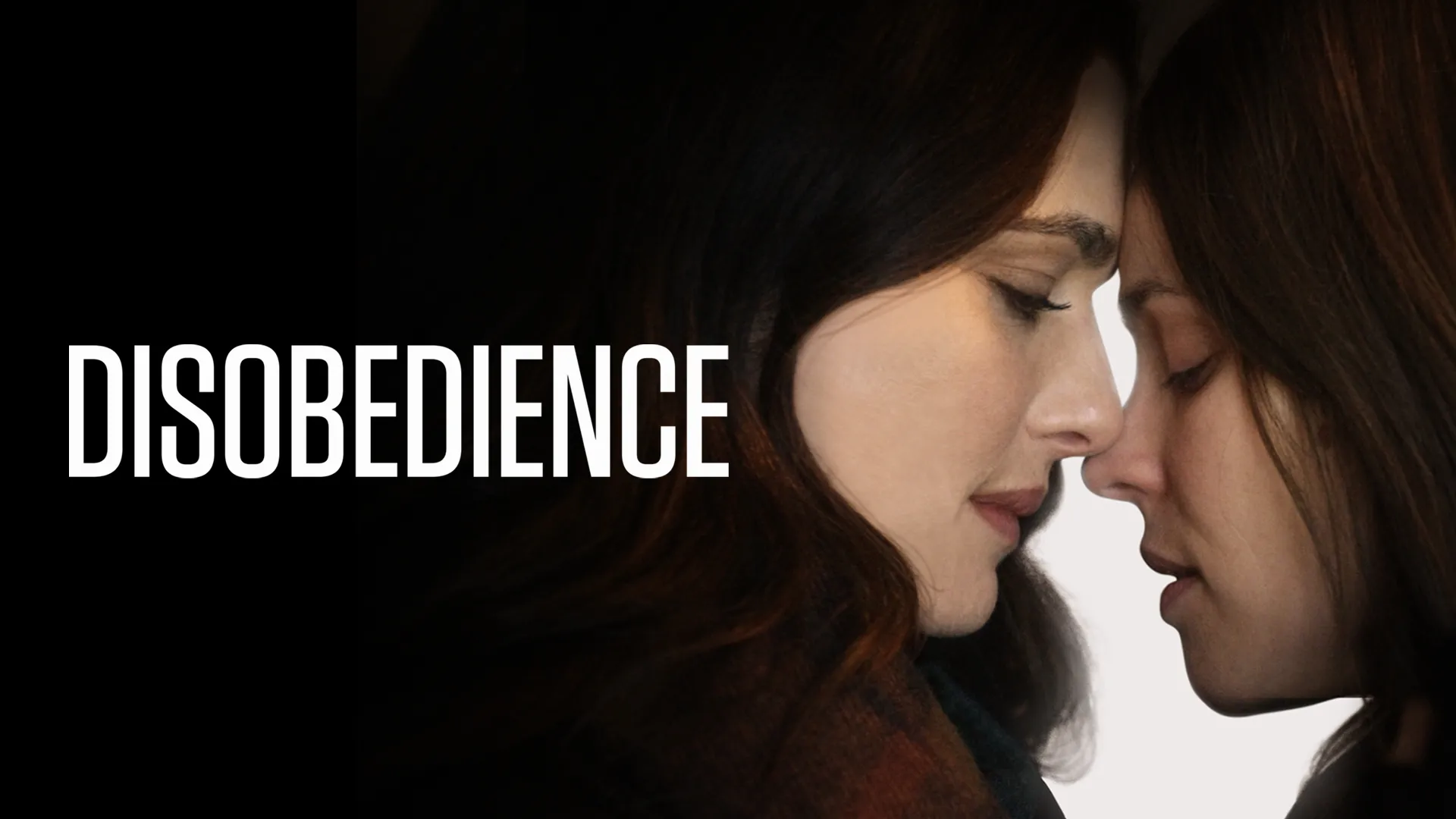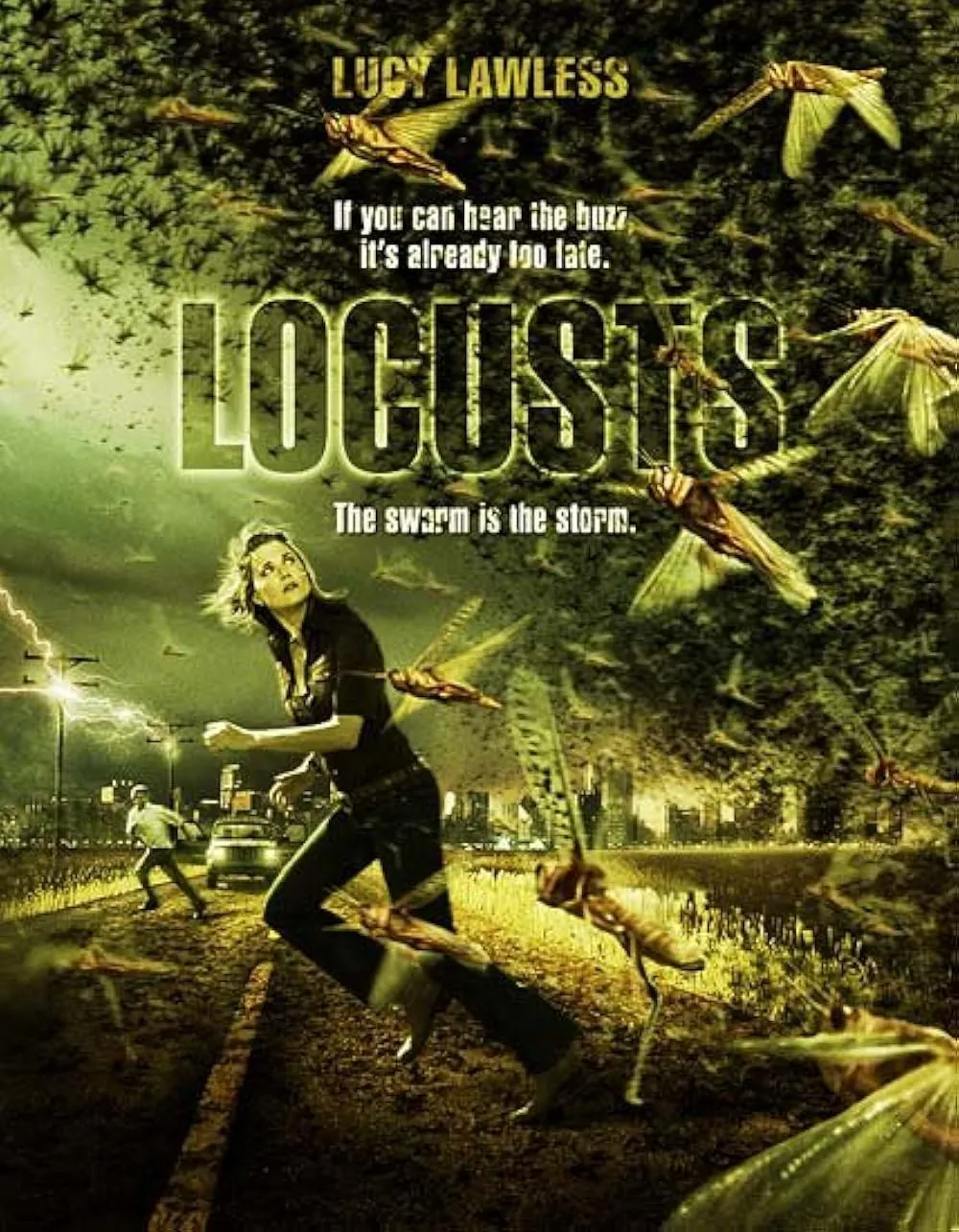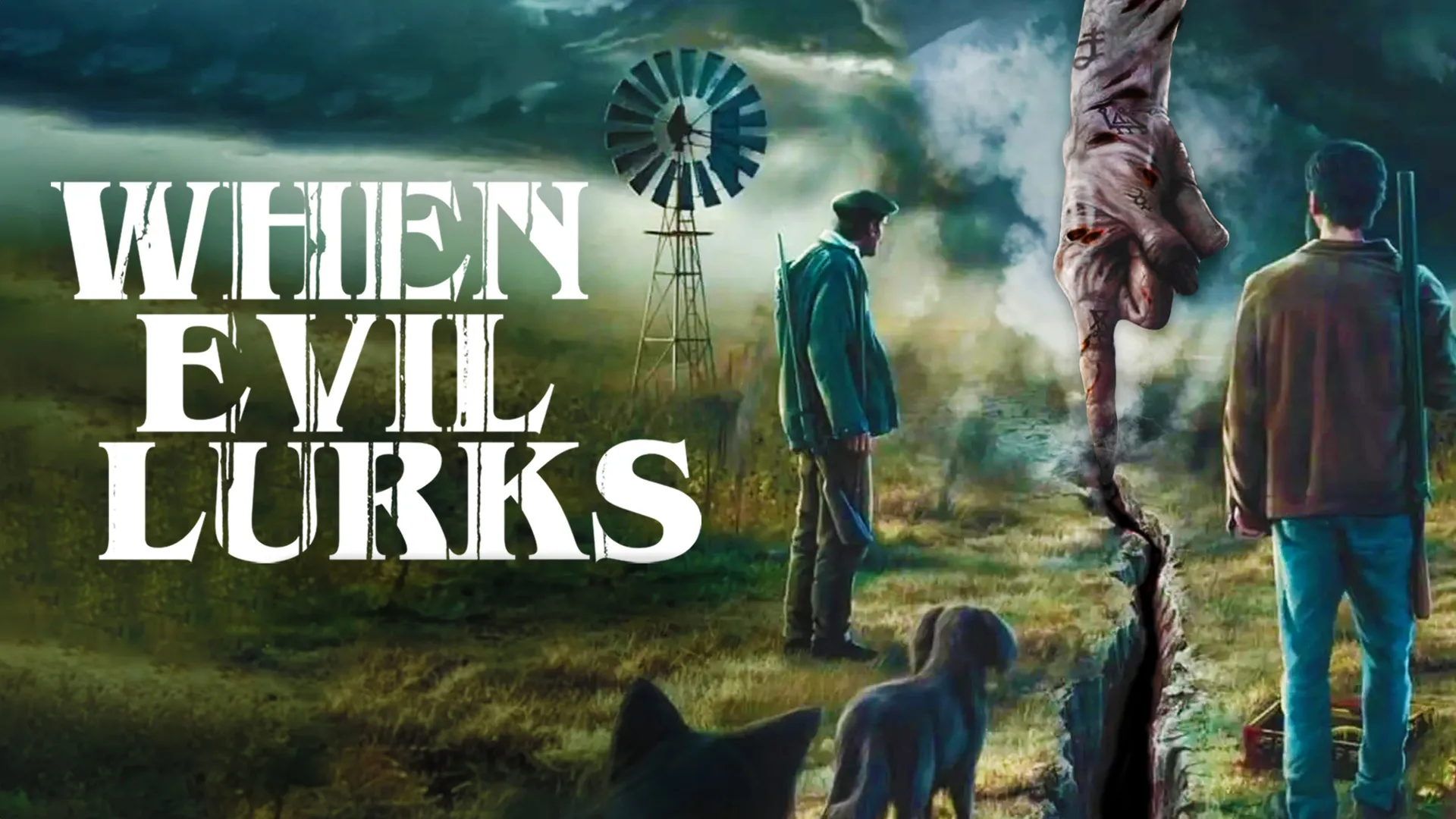Set within the cloistered world of a strictly observant Jewish community in London, Disobedience unravels the story of Ronit Krushka, a celebrated photographer who returns home after her father’s passing. The film immediately immerses you in a world of ritual and restraint, where every gesture—from the whisper of prayer shawls to the measured steps down narrow streets—speaks volumes about duty and faith.
Reuniting with her childhood friend Esti, now married to Dovid, the community’s revered rabbi, Ronit’s presence cracks the veneer of order that has long governed their lives. Their first encounter, laden with unspoken history, is electric; every glance and pause brims with the weight of decades-old passion and the forbidden.

As Ronit settles into her late father’s old study, memories flood back—vibrant, painful, and raw. The stark contrast between her liberated, artistic life in New York and the hushed conformity of her hometown creates a tension that vibrates through each frame. Cinematographer Mike Eley bathes the scenes in muted hues, capturing both the warmth of clandestine memories and the coldness of societal expectations.
The film’s true heartbeat lies in the rekindled bond between Ronit and Esti. Away from prying eyes, they rediscover a love that once promised everything. Tender moments—soft laughter over shared meals, furtive touches in sunlit doorways—unfold with a delicious sense of risk, as if at any moment their carefully guarded secret might be exposed.

But community whispers grow louder, and the film masterfully ratchets tension as Ronit’s defiance collides with religious law. In a powerful scene at the synagogue, a simple gesture of solidarity becomes an act of rebellion, forcing every character to confront the cost of obedience. The weight of tradition presses heavily, and choices become heartbreakingly stark.
Rachel Weisz delivers a quietly potent performance as Esti, her internal struggle etched in every hesitant word and lingering stare. Opposite her, Rachel McAdams embodies Ronit’s fierce independence and vulnerability, a clash of steel and salt that propels the narrative. Their chemistry crackles, making each reunion and parting all the more poignant.

Director Sebastián Lelio handles the subject matter with grace and nuance, avoiding melodrama in favor of genuine emotional truth. The script, co-written by Lelio and Rebecca Lenkiewicz, balances moments of introspection with escalating stakes, guiding viewers through a moral labyrinth where love and faith pull in opposite directions.
In its final, luminous moments, Disobedience doesn’t offer easy answers but instead lingers on the shimmering horizon of possibility. As Ronit and Esti step into an uncertain future, the film leaves us contemplating the price of selfhood and the transformative power of love that dares to challenge the most sacred bonds.




